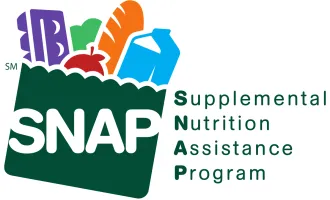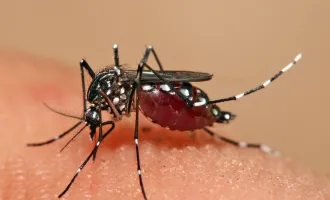New Standards Aim to Improve Science Education in State Schools
New science education standards approved by the State Board of Education will emphasize scientific concepts, as well as integrate science and engineering practices, to cultivate an intuitive understanding of scientific principles as they apply to the natural world.
The standards are progressive from Kindergarten through 12th grade, so that students continually build upon their knowledge and acquire the skills they need for higher education and their eventual careers.
The new set of science education standards, known as the Next Generation Science Standards (NGSS, cde.ca.gov/pd/ca/sc/ngssintrod.asp), was jointly developed by the National Research Council and Achieve, Inc. over several years and approved by the State Board of Education of California on September 4.
The curriculum overhaul comes in response to a growing national interest in improving science, technology, engineering and mathematics (STEM) education, as the United States’ standing as a global leader in these fields has been called into question.
According to a report recently published by the Information Technology and Innovation Foundation, many European and East Asian countries have recently increased federal investment in medical research as a share of GDP. Meanwhile, in the United States, this share has been steadily declining since 2004.
Without adequate investment, scientific output has also fallen behind, and the U.S. share of the global output of the pharmaceutical industry dropped, in only eight years, from 35% in 2002 to 25% in 2010, with China inheriting much of the gains.
The report makes clear that in order to maintain our global competitiveness in the science and innovation arena, the United States will need not only to renew its financial commitment to biomedical innovation, but also foster the workforce and public support necessary to carry out these commitments.
How can the NGSS help achieve these goals?
It has become clear that current methods of science education, which tend to focus on fact-based learning, do not necessarily produce students with the critical thinking and problem-solving skills necessary to succeed in science and engineering careers.
“An active learning of scientific practices is critical, and takes time,” said Bruce Alberts, a professor emeritus of UCSF and member of the NGSS panel, in an interview with American Association for the Advancement of Science. “A focus on these practices, rather than on content alone, leads to a deep, sustained learning of the skills needed to be a successful adult, regardless of career choice. We must teach our science students to do something in science class, not to memorize facts.”
An active and devoted advocate of science education reform, Alberts will share his views in “My Transition From Science to Science Policy: How and Why?,” a lecture organized by the UCSF Science Policy Group to be held on Wednesday, October 2 at 6 p.m. in the Rock Hall Auditorium.
Alberts’ sentiment is echoed in a recent New York Times feature article (“Ideas for Improving Science Education,” The New York Times, Sept. 13), which asks scientists and students, “If you could make one change to improve science education in the United States, what would it be?”
Fifth-grader Deon Sanders, of Lakeland Elementary/Middle School in Baltimore, simply responded, “I need science and math to be more about life.” Sanders’ response illustrates a desire for science lessons to reach beyond the classroom, a need poorly met by current K-12 science education.
Creative approaches to closing this gap are numerous. Sanders’ principal, Najib Jammal, envisions a system where “kids work in small groups more than they do now, and get to apply their STEM learning to projects that benefit their community.”
“We have a community garden,” he said, “and we think it’s great to have the students design an irrigation system. This shows them how to apply their math problems to issues of sustainability.”
Providing students with hands-on, meaningful opportunities to engage in science not only enriches their educational experience but can also inspire them to pursue jobs in STEM fields, thus contributing to the continued growth of the U.S. economy.
If you would like to become involved in existing K-12 science education projects at UCSF, we invite you to learn more about the following groups:
- The UCSF Science Policy Group: A campus group dedicated to science education, outreach, health care, advocacy and reform. Please join us at our next event with Bruce Alberts, “My Transition from Science to Science Policy: How and Why?,” on Wednesday, October 2 at 6 p.m. in the Rock Hall Auditorium. Contact: Brittany.anderton@ucsf.edu.
- Science and Health Education Partnership (SEP): A collaboration between UCSF and the San Francisco Unified School District (SFUSD) to support quality science education for K-12 students. Visit http://biochemistry.ucsf.edu/programs/sep/info-for-volunteers.html.
- Center for Educational Partnerships (CEP): Also in collaboration with SFUSD, a program that focuses on college access and preparation, science enrichment, and health outreach. Contact: cep@ucsf.edu or Orlando.Elizondo@ucsf.edu.



